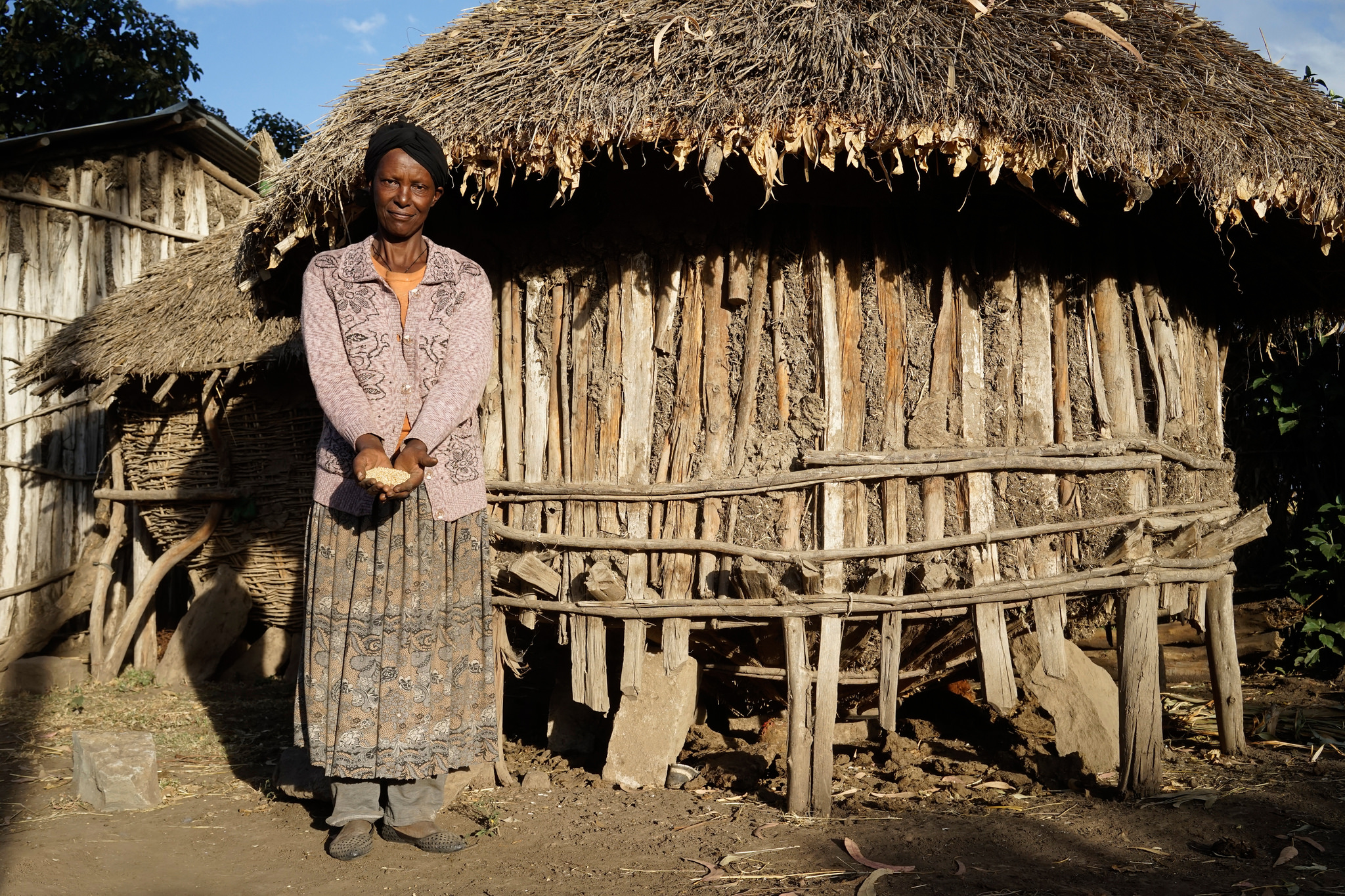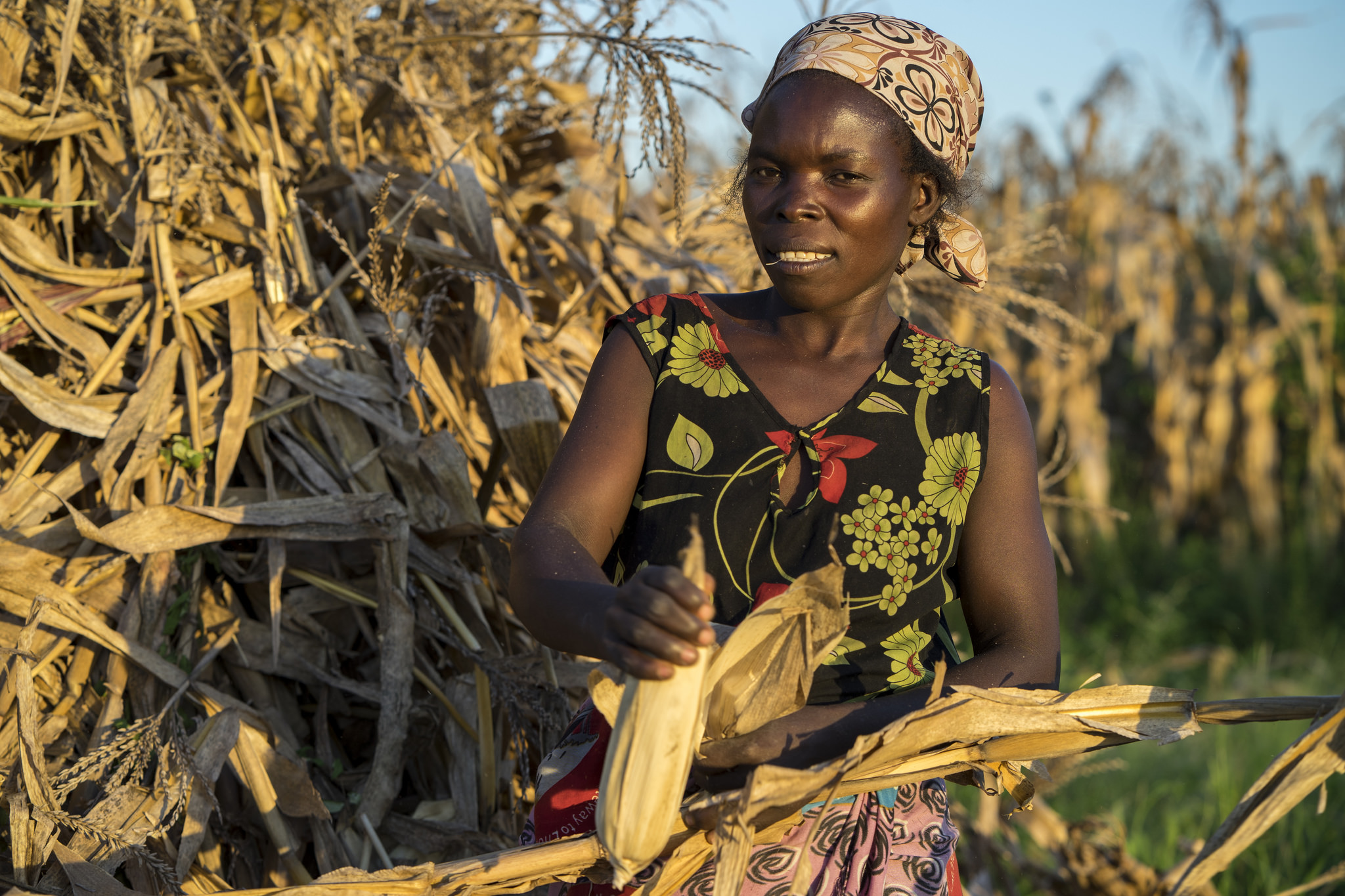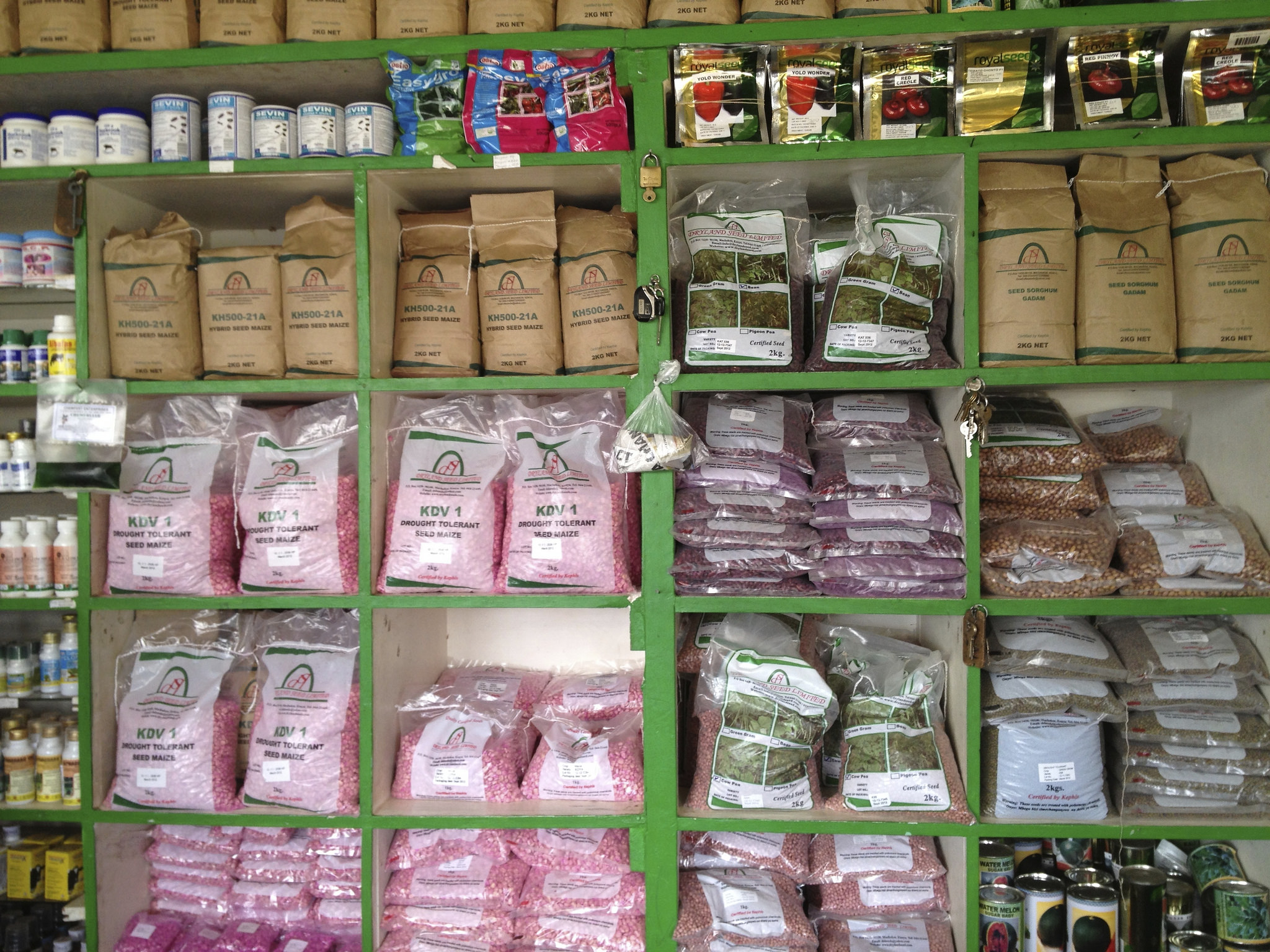Despite formal decentralization, agricultural services in Ethiopia are generally “top-down,” claim the authors of a recently published paper on gender and agricultural innovation. “Extension services,” they explain, “are supply-driven, with off-the-shelf technologies transferred to farmers without expectation of further adaptation.”
Drawing on GENNOVATE case studies from two wheat-growing communities in Ethiopia’s Oromia region, the authors examine how a small sample of women and men smallholders attempt to innovate with improved wheat seed, row planting, and the broad bed maker, introduced through the Ethiopian agricultural extension system. They also introduce the concept of tempered radicals, an analytic lens used to understand how individuals try to initiate change processes, and assess whether this can have validity in rural settings.

As the authors demonstrate through their literature review on cultural norms in the region, there are powerful institutional gender constraints to change processes, which can be punitive for women.
Ethiopian women smallholders are particularly disadvantaged because they have limited access to productive assets such as irrigation water, credit and extension services. Therefore, they find it harder to implement innovations. The study asserts that strategies to support innovators, and women innovators in particular, must be context-specific as well as gender-sensitive.
Read the full article “Gender and agricultural innovation in Oromia region, Ethiopia: from innovator to tempered radical” in Gender, Technology and Development.
Development of research methodology and data collection was supported by the CGIAR Gender and Agricultural Research Network, the World Bank, the Government of Mexico, the Government of Germany, and the CGIAR Research Programs on Maize and Wheat. Data analysis was supported by the Bill & Melinda Gates Foundation.
Check out other recent publications by CIMMYT researchers below:
- Alternative use of wheat land to implement a potential wheat holiday as wheat blast control: in search of feasible crops in Bangladesh. 2019. Mottaleb, K.A., Singh, P.K., Xinyao He, Akbar Hossain, Kruseman, G., Erenstein, O. In: Land Use Policy v. 82, p. 1-12.
- Applications of machine learning methods to genomic selection in breeding wheat for rust resistance. 2019. González-Camacho, J.M., Ornella, L., Perez-Rodriguez, P., Gianola, D., Dreisigacker, S., Crossa, J. In: Plant Genome v. 11, no. 2, art. 170104.
- Genetic diversity and population structure of synthetic hexaploid-derived wheat (Triticum aestivum L.) accessions. 2019. Gordon, E., Kaviani, M., Kagale, S., Payne, T.S., Navabi, A. In: Genetic Resources and Crop Evolution v. 66, no. 2, p. 335-348.
- Genomic-enabled prediction accuracies increased by modeling genotype × environment interaction in durum wheat. 2019. Sukumaran, S., Jarquín, D., Crossa, J., Reynolds, M.P. In: Plant Genome v. 11, no. 2, art. 170112.
- Improved water-management practices and their impact on food security and poverty: empirical evidence from rural Pakistan. 2019. Ali, A., Rahut, D.B., Mottaleb, K.A. En: Official Journal of the World Water Council Water Policy v. 20, no. 4, p. 692-711.
- Integrating genomic-enabled prediction and high-throughput phenotyping in breeding for climate-resilient bread wheat. 2019. Juliana, P., Montesinos-Lopez, O.A., Crossa, J., Mondal, S., Gonzalez-Perez, L., Poland, J., Huerta-Espino, J., Crespo-Herrera, L.A., Velu, G., Dreisigacker, S., Shrestha, S., Perez-Rodriguez, P., Pinto Espinosa, F., Singh, R.P. In: Theoretical and Applied Genetics v. 132, no. 1, p. 177-194.
- Pre-harvest management is a critical practice for minimizing aflatoxin contamination of maize. 2019. Mahuku, G., Nzioki, H., Mutegi, C., Kanampiu, F., Narrod, C., Makumbi, D. In: Food Control v. 96, p. 219-226.
- Root-lesion nematodes in cereal fields: importance, distribution, identification, and management strategies. 2019. Mokrini, F., Viaene, N., Waeyenberge, L., Dababat, A.A., Moens, M. In: Journal of Plant Diseases and Protection v. 126, no. 1, p. 1-11.
- Spider community shift in response to farming practices in a sub-humid agroecosystem of southern Africa. 2019. Mashavakure, N., Mashingaidze, A.B., Musundire, R., Nhamo, N., Gandiwa, E., Thierfelder, C., Muposhi, V.K. In: Agriculture, Ecosystems and Environment v. 272, p. 237-245.
- Threats of tar spot complex disease of maize in the United States of America and its global consequences. 2019. Mottaleb, K.A., Loladze, A., Sonder, K., Kruseman, G., San Vicente, F.M. In: Mitigation and Adaptation Strategies for Global Change v. 24, no. 2, p. 281–300.

 Gender equality, youth and social inclusion
Gender equality, youth and social inclusion 